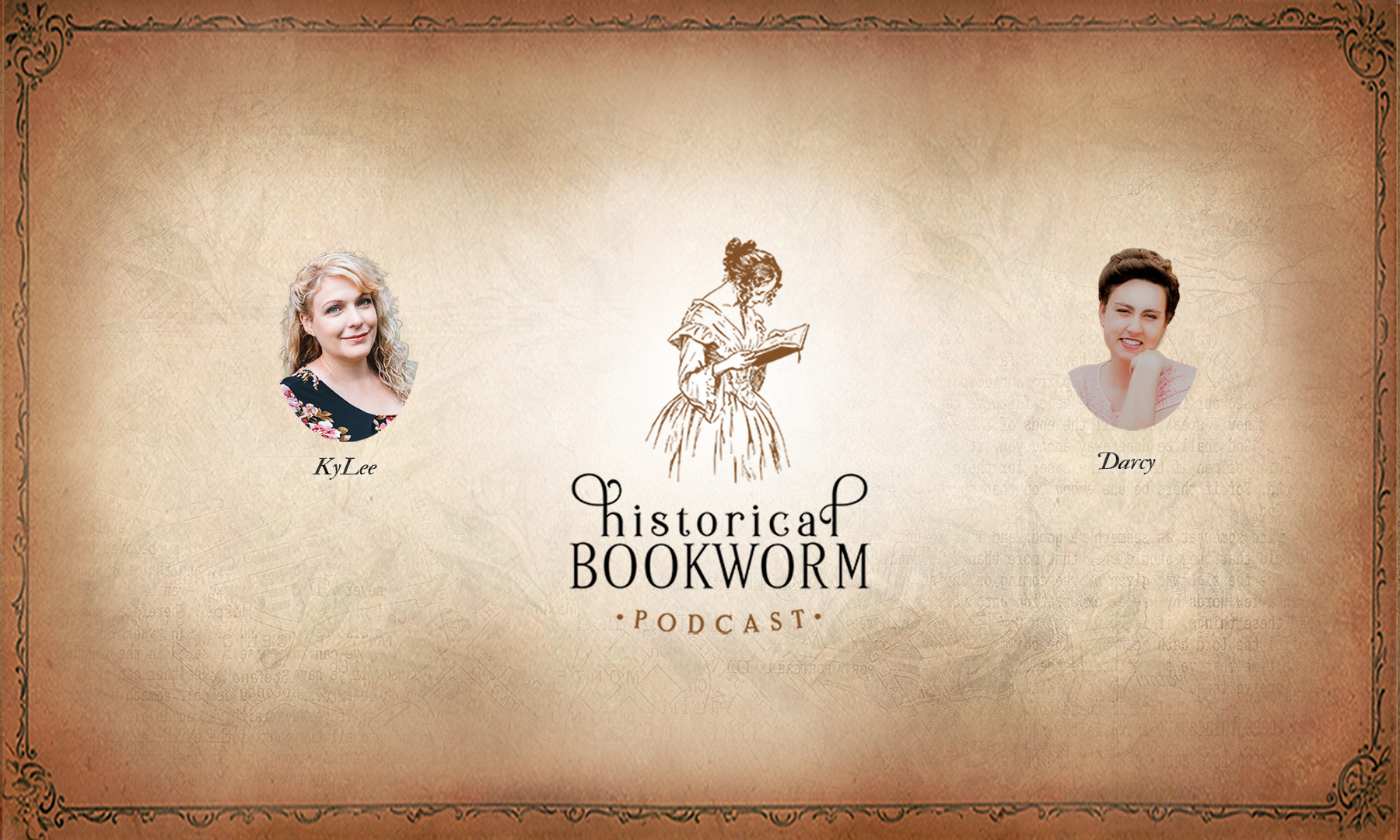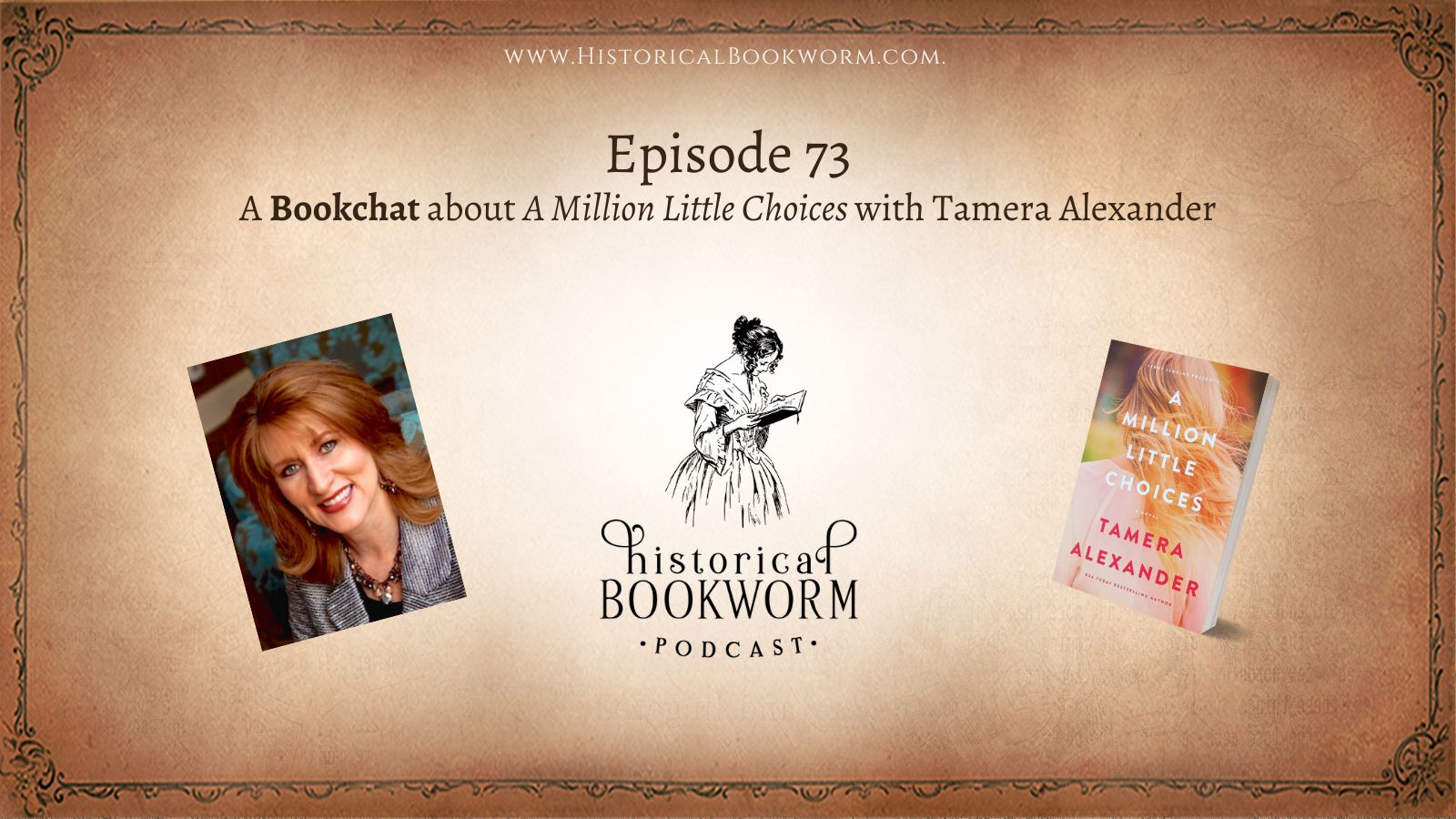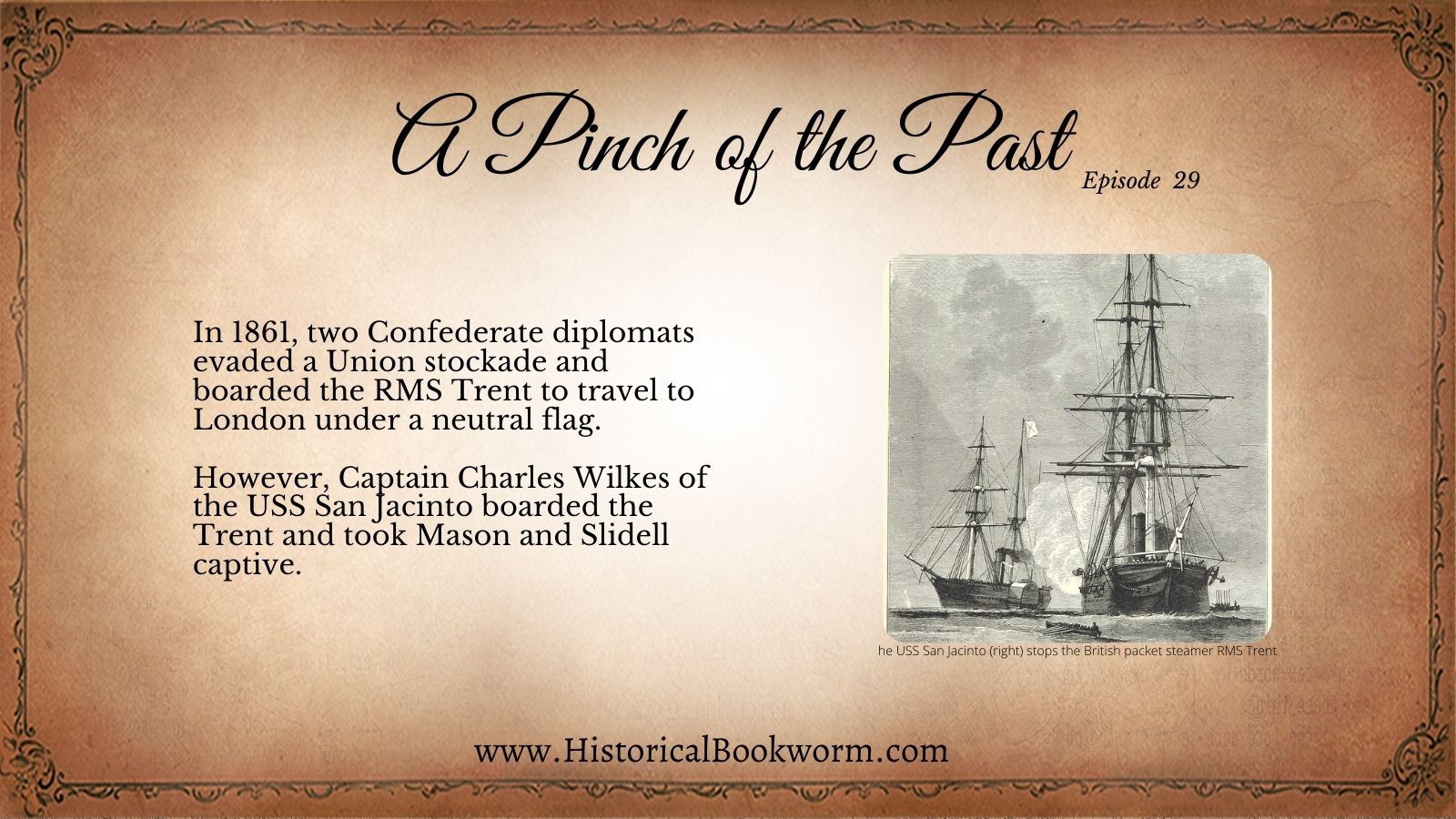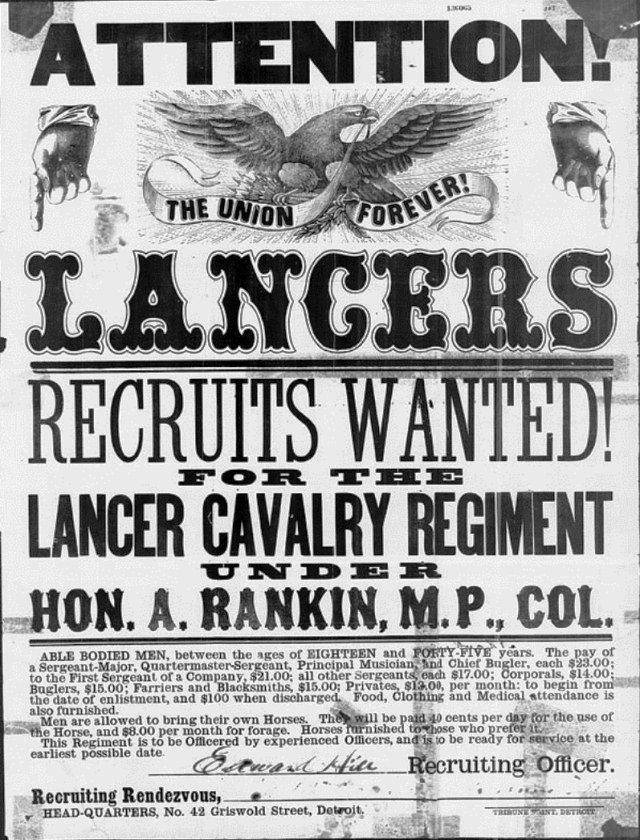Subscribe to Historical Bookworm Show Apple Podcasts | Spotify | Amazon Music | Android | Pandora | Email | RSS | Subscribe to the Historical Bookworm
About the author
Tamera Alexander is a USA Today bestselling novelist and one of today’s most beloved authors of inspirational historical romance. Her works have been awarded numerous industry-leading honors—among them the Christy Award, the RITA Award, the Carol Award, and Library Journal’s top honors—and have earned the distinction of Publisher’s Weekly Starred Reviews. Her deeply drawn characters and thought-provoking plots have earned her devoted readers worldwide, including Germany, the Netherlands, Poland, Portugal, Slovakia, and Romania, among others.
Tamera and her husband reside in Nashville, Tennessee, where they live a short distance from Nashville’s Belmont Mansion, Belle Meade Plantation, and Carnton —the settings of Tamera’s #1 CBA bestselling Southern series.
About the book
Two women from different centuries living in the same house share strikingly similar journeys.
Claire Powell’s life is turned upside down when her beloved husband admits to a “near affair.” But when Stephen accepts a partnership with an Atlanta law firm without consulting her and buys a historic Southern home sight-unseeing—it pushes their already-fractured marriage to the breaking point. Claire’s world spirals, and she soon finds herself in a marriage she no longer wants, in a house she never asked for.
In 1863, Charlotte Thursmann, pregnant and trapped in a marriage to an abusive husband, struggles to protect her unborn child and the enslaved members of her household. Desperate, she’s determined to right the evils her husband and others like him commit. But how can one woman put an end to such injustice? Especially if her husband makes good on his threat to kill her?
Both Claire and Charlotte discover truths about themselves they never realized, along with secrets long hidden that hold the power to bring God’s restoration—if only they choose to let it.
Questions
- If you could travel back in time for a vacation, would you rather visit the remote setting of your Timber Ridge Reflections series (Colorado Territory) or the Reconstruction-era South setting of your Belmont Mansion series?
- You have written three series set in the post-Civil War South. How do you approach writing in such a politically charged and emotionally heavy time period?
- And now we have a fan-submitted question: Out of all your many novels and novellas, over all the series and standalones you’ve written, who is your favorite heroine and why?
- As far as the historical side goes, you’ve moved from writing about after the Civil War to setting your story smack in the middle of the conflict. Did that make a difference for your writing, or did it feel like a natural transition?
- As mentioned, this is your first time venturing into a contemporary setting, which is super exciting. Other than the old house, what ties these two storylines together?
- What’s next for your writing?
Listeners, Tamera is offering a copy of A Million Little Choices. To enter, check out the giveaway page on our website Historical Bookworm dot com. You also find the giveaway link in the show notes for this episode.
Connect with Tamera: website, newsletter, Amazon, Facebook, Twitter, Goodreads, and Instagram.



